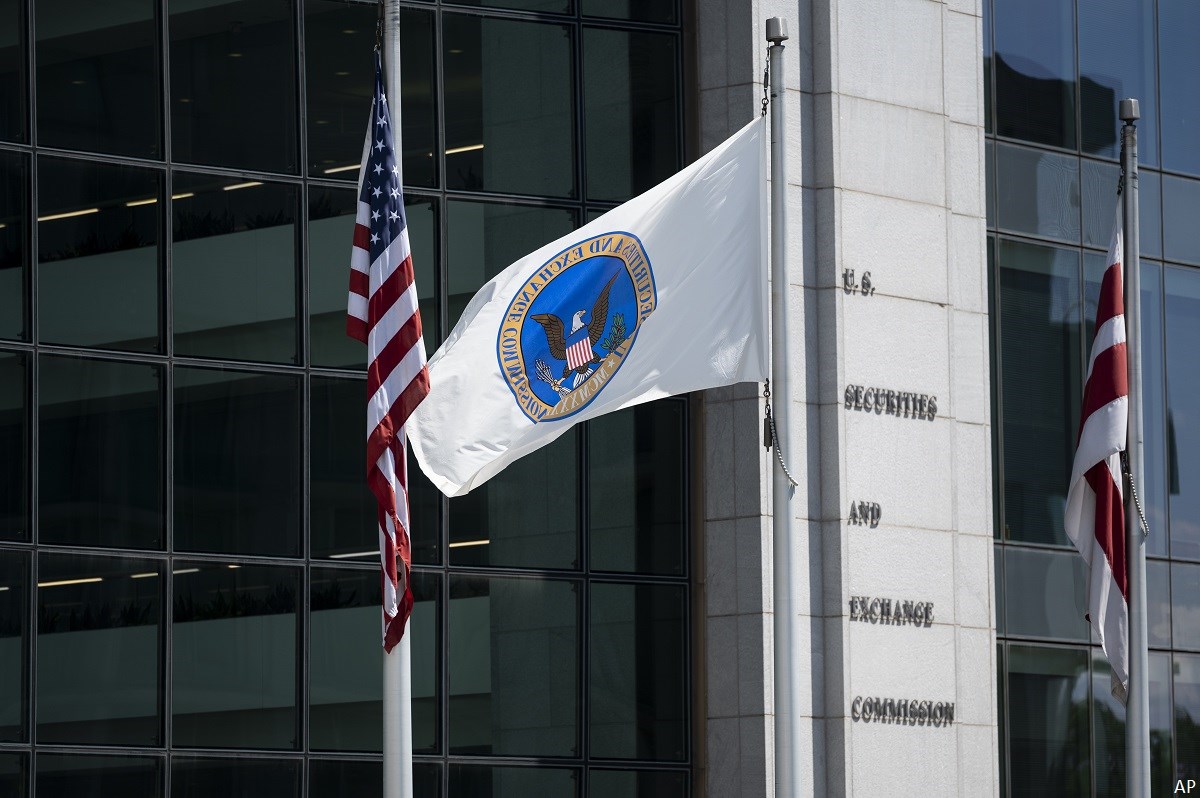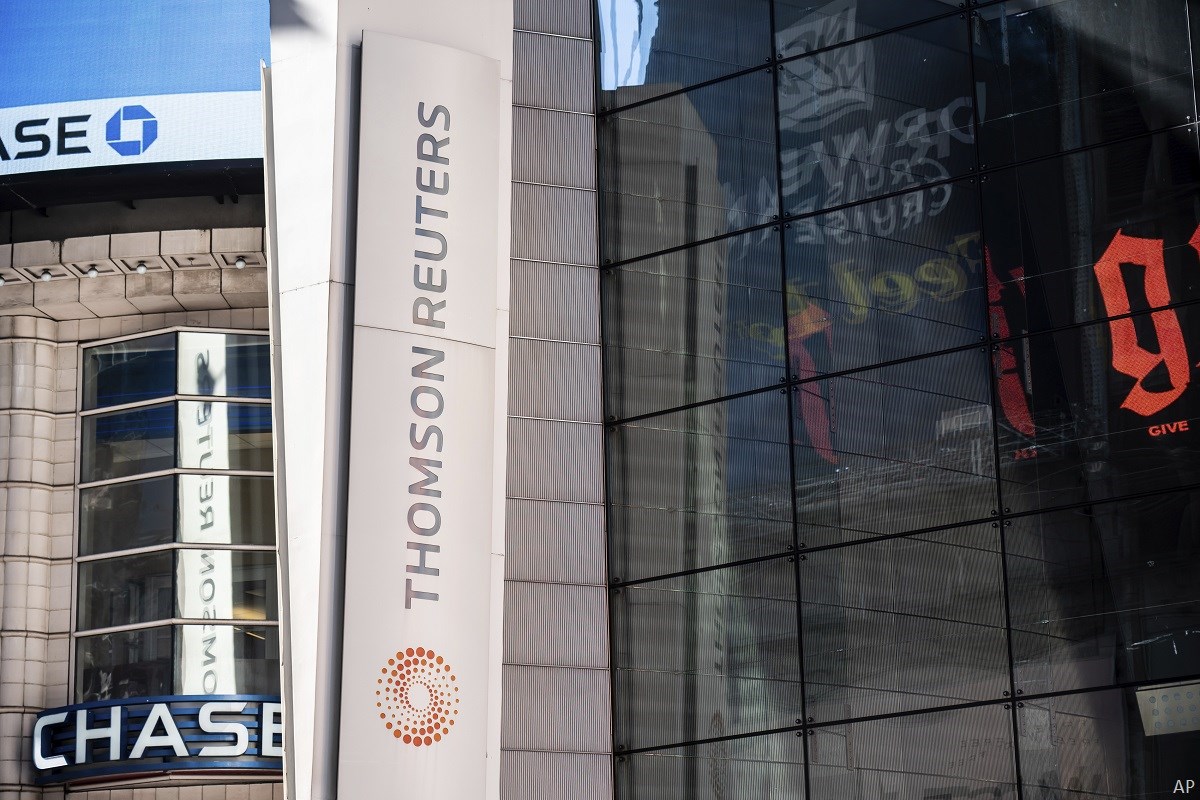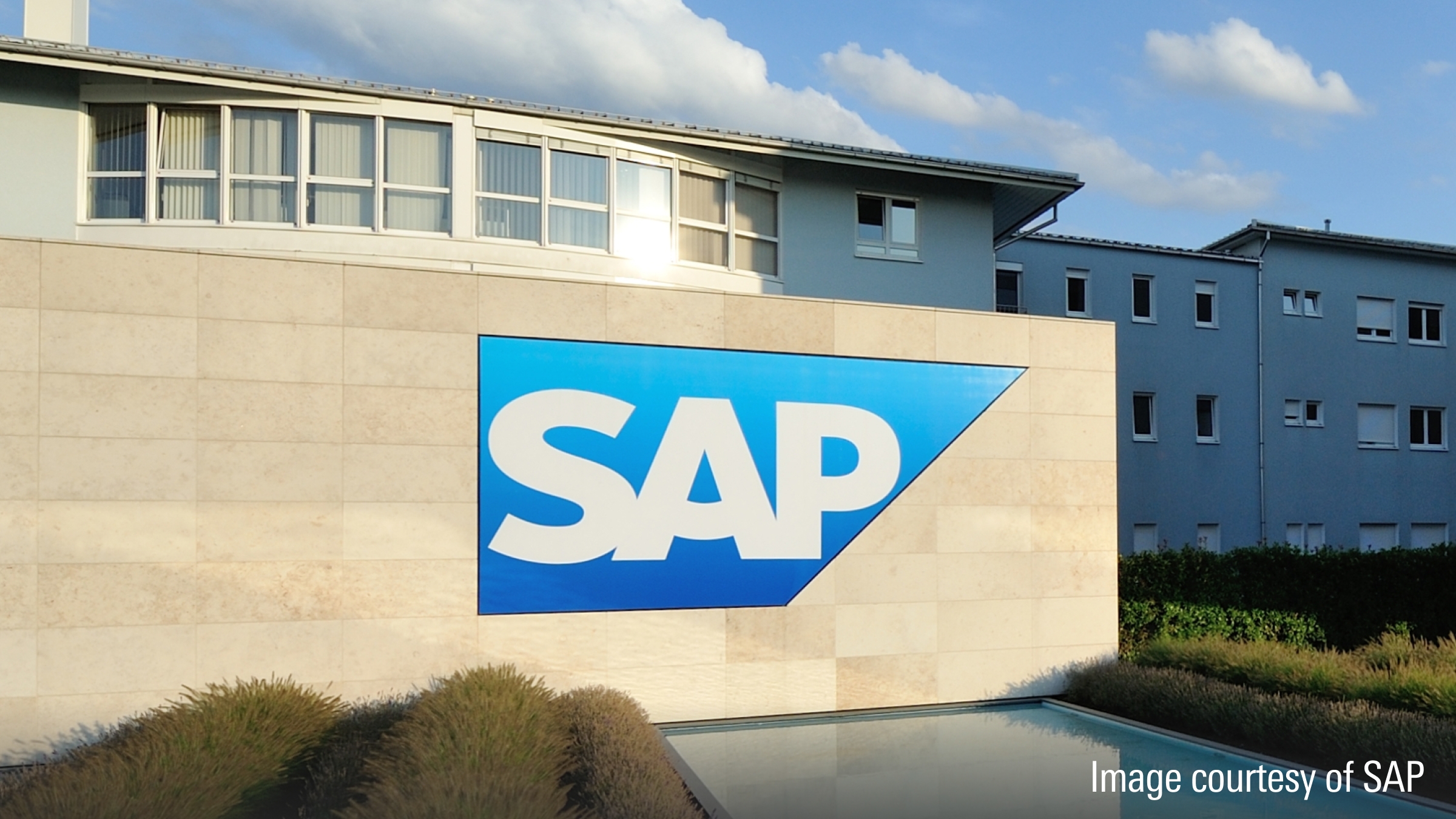
Just when momentum was building for proxy voting, a new SEC rule is set to stifle shareholder resolutions, each time they’re relaunched, and increasingly so. Now investor groups are fighting back.
This comes after investor efforts this year caught the attention of companies from Chevron (CVX) to Shell (RDS.B), and especially Exxon Mobil (XOM) in its recent David-and-Goliath fight. In Canada, ESG issues recently received strong support at companies like Royal Bank (RY) and Thomson Reuters (TRI).
The 2021 proxy season has been a banner year for companies and shareholders to work together to address material risks, as shareholder advocacy group As You Sow points out, indicating increased voter turnout, a record number of majority votes, and large asset managers finally using their power in support of resolutions.
For all the excitement generated by these recent proxy battles, however, a cloud hangs over the close of the 2021 proxy season. Some of the important issues that investors got to vote on in recent weeks will fall off ballots in 2022, as the U.S. Securities and Exchange Commission amendments to the 14a-8 rule governing the filing of shareholder proposals come into force.
With this Trump-Era SEC rule, shareholders will find their hands tied, even as they want to hold companies to account, and some of this momentum will be stopped in its tracks. But shareholders are not going to take this lying down and are fighting back. Earlier this month, a group of investors filed a complaint in the U.S. District Court for the District of Columbia, challenging the amendments.
Last-minute Rights Limit
In a flurry of rushed proxy rulemaking in the latter half of 2020, the Clayton-led SEC sought to make it harder for investors to exercise their ownership rights in corporate elections. A key rule change raises the bar for filing shareholder resolutions well beyond the reach and standards that ensure meaningful and broad shareholder participation in the proxy process.
If it goes into effect as planned in January 2022, the shareholder resolution rule change will require that refiled shareholder proposals should have previously attained much higher levels of support than the thresholds that are presently in place. Up to now, thresholds have been 3% if filed once in the past 5 years, 6% if filed twice and 10% if filed three times in the recent past. These thresholds are sufficiently low to allow room for an issue to move up the investor agenda – as many issues do with the unfolding of events and shifting perspectives on good governance. Starting 1 January 2022, new thresholds will be set at 5%, 15% and 25%, respectively.
The measure had long been sought by pro-corporate lobby groups and was roundly decried by investors.
“Shareholder proposals are an important tool in helping executives and investors better manage risk and create and protect long-term value. Rather than restricting these tools, the SEC should be focused on expanding them,” said Danielle Fugere, President of As You Sow.
And so, a lawsuit was filed.
Shareholders Strike Back
Earlier this month, a group of shareholders filed a legal challenge, suing the SEC over this rule change. They argue that the SEC overweighted evidence of the costs of shareholder resolutions to companies and underweighted evidence that the change would remove a significant proportion of resolutions from corporate proxy ballots. The plaintiffs include As You Sow, the Interfaith Center on Corporate Responsibility (ICCR), a coalition of over 300 faith-based institutional investors representing more than US$4 trillion in assets, and shareholder advocate James McRitchie. It will be funded by a coalition of faith-based investors and charitable foundations.
“The new rule guts the existing shareholder proposal process, which has long served as a cost-effective way for shareholders to communicate their concerns to management,” said Josh Zinner, CEO of the Interfaith Center on Corporate Responsibility in a press release, with James McRitchie of Corporate Governance adding that, “The new SEC thresholds will result in billions of dollars in lost opportunity costs, especially at smaller companies, since they receive less scrutiny from institutional investors than established S&P 500 companies.”
The plaintiffs argue that there are hundreds of examples of companies changing their policies and practices as a result of productive engagement with shareowners, yet a handful of corporate trade associations have engaged in an intense, multi-year lobbying campaign to curtail investors’ access to the proxy. Rather than fulfilling its stated purpose as an “investor advocate” and enforcing shareholder protections, the revised rule is seen as a blatant capitulation on the part of the Trump-era SEC to these trade groups’ desire to relieve corporate executives of accountability to investors.
The complaint further argues that the SEC made no serious effort to quantify the costs and benefits of its rule.
Why This Matters
For decades shareholders have been filing shareholder resolutions within a familiar framework established by the SEC’s shareholder resolution filing rule (known as the 14a-8 rule). These appear on corporate proxy ballots for the general shareholder vote. Provisions comprising this rule stipulate minimum size and term of holdings that qualify shareholders to file resolutions; issues that can and cannot be addressed by shareholder resolutions; and minimum support thresholds for re-filing ballot items in subsequent years.
“The new thresholds silence the voices of smaller main-street shareholders and favour more wealthy investors. This was a goal of the Trump administration and is not fair, democratic, or serves the best interest of the company,” says Fugere and As You Sow’s CEO Andrew Behar.
Shareholder access to corporate proxy ballots via SEC shareholder resolution filing provisions is a longstanding and core aspect of how the U.S. securities market functions and reflects a strong belief in the importance of minority shareholder rights. The SEC’s response to both the corporate accounting scandals of the early 2000s and the risky subprime lending activity that underpinned the global financial crisis was to extend shareholder voting rights and encourage shareholder vigilance.
While not only requiring dramatic momentum as investors track emerging risks the new thresholds effectively remove certain companies from the reach of shareholder resolutions.
“The new rules should be overturned as they consolidate power into the hands of the wealthy, take away democratic rights of people to have experts represent them, and broadly try to silence shareholders voices that have been a benefit to companies for decades,” Fugere and Behar add.
Issue with FAANGs, Among Others
The new SEC ruling will particularly impact shareholders in companies with multi-class voting structures, which include the likes of Alphabet (GOOG), the parent company of Google, Berkshire Hathaway (BRK.A/BRK.B) and Facebook (FB). Several large companies with a single share class have a founder CEO or board directors connected to a parent company - Amazon (AMZN), Oracle (ORCL) among others. In these types of structures, the board, founders, or executives control a significant swath of the vote.
For example, the founders of Alphabet, Larry Page and Sergei Brin control a majority of the company’s voting power while they own less than 13% of the stock, and have stepped down from running the company.
In such cases, it's impossible for regular investors to get a majority, and even hitting a 15% threshold might be a stretch.
“Zuckerberg runs an authoritarian regime with absolute power, and you can see the result of having no oversight. A company built to bring people together is the global center for hate, child pornography, attacks on democracy, and conspiracy theory. Amazon sells toxic products because the current legal framework does not consider it a “store”. Google trades on people’s data relentlessly invading privacy,” Fugere and Behar say.
Though this might seem bleak, the fact is that investors have had some significant victories recently.
Recent Investor Victories
This year a shareholder resolution at DuPont asking for a review of the company’s efforts to contain plastic pellet spills into the environment earned the support of 81% of shares voted – where corporate management had opposed the measure. The same resolution had earned just 7% in 2019. Resolutions addressing deforestation earned 68%, 76% and 99% at Procter and Gamble, Bloomin Brands and Bunge, respectively – where such resolutions previously filed over more than a decade had failed to earn more than 34%. At Bunge, management recommended vote FOR – a significant milestone in investor-company engagement. Significant momentum has gathered as investors reckon with biodiversity loss and the challenge of ecosystem restoration. The potential for this kind of momentum could be lost to thresholds that climb too rapidly.
Tyson’s, a food processor operating meatpacking plants where some of the earliest COVID outbreaks occurred, is 70% owned by the Tyson family. Resolutions filed consecutively over the past three proxy seasons ask the company to conduct and report on a human rights due diligence assessment of working conditions in its processing plants and also to report on its lobbying activities and expenditures. While 59% of outside minority shareholders supported these resolutions in 2020 and 78% did so this year – overall support failed to reach the critical 25% in both cases. Similarly, at Pilgrim’s Pride, 80% is owned by Brazilian meat processor JBS – where the company will no longer have to face human rights and water stewardship motions thanks to new thresholds.
Tailwinds for Shareholders
On June 1 Gary Gensler, the SEC’s new Biden-appointed Chair, directed his staff to consider negating a related Trump-era proxy rule restricting the role of proxy advisors in the proxy process. Pending the outcome of this review, the Division of Corporate Finance announced it will not be enforcing proxy advice restrictions imposed in July 2020.
This bodes well for shareholder resolutions. Gensler has yet to announce anything concrete but earlier this year Allison Lee, who was acting chair before Gensler was appointed, had asked SEC staff to potentially undo the Clayton-led handiwork on shareholder resolutions. If the shareholder suit lights a fire under that process, we may well see the likes of Tyson’s, Pilgrim’s Pride and others subjected to the scrutiny of the proxy process again in 2022.























